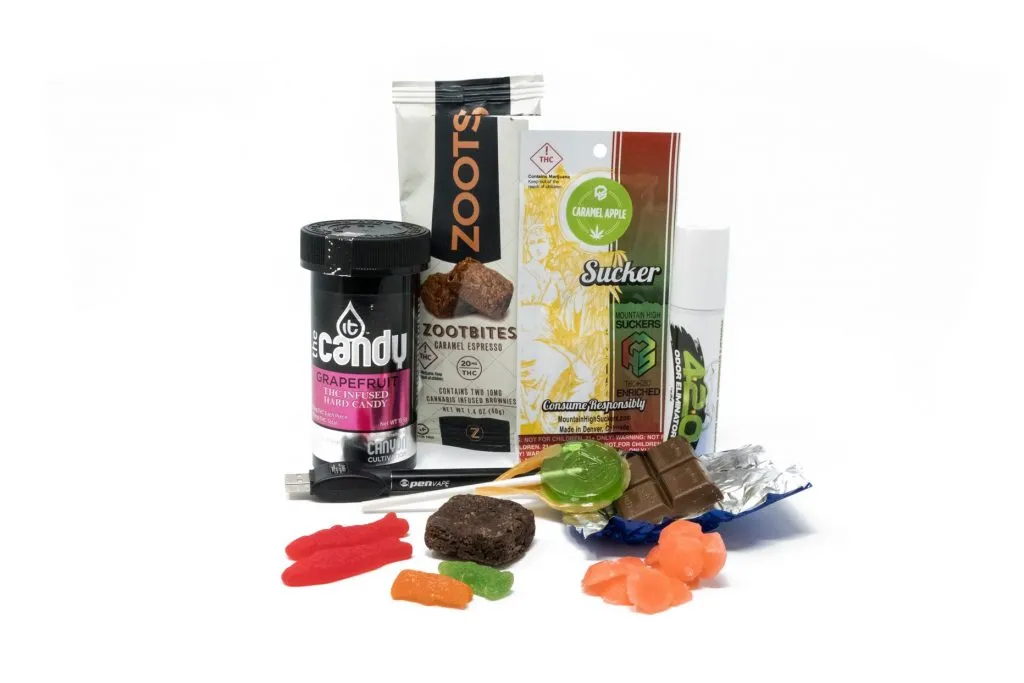Table of Contents
Nathan Smith
nzinitiative.org.nz
It is a pity Kiwis cannot build a mirror image “New Zealand v2” somewhere in the Pacific to test controversial policies like cannabis legalisation.
Actually, that’s why the US is such a great political system. It was only last century that Americans began calling their country “the” United States. For a long time, it was “these” United States, referring to the country as a kind of real-world, live laboratory experiment running 50 different hypotheses concurrently to see which regulatory settings might be best.
For this reason, the US is arguably the best place to assess whether cannabis legalisation is a good idea. So, as Kiwi voters prepare to decide on this issue in September’s referendum, what can be learned from the data coming out of the US?
Well, the results are mixed.
On the one hand, the apocalypse hasn’t arrived on a slippery slope. But letting the legitimate commercial sector absorb this once-illegal substance to produce tons of FDA-regulated cannabis hasn’t created hundreds of new billionaires or buckets of government tax revenue either.
Nevertheless, cannabis legalisation is growing in popularity.
As of December 2019, 11 states and the District of Columbia (DC) have legalised cannabis for adult nonmedical use while 33 states and DC have legalised cannabis for medical purposes. Further, a 2018 Gallup poll found two out of every three Americans support legalising cannabis.
Yet the industry isn’t huge yet – even in the country best known for glorifying casual drug use. In 2018, the US cannabis market was valued at $US11.3 billion and a study by Grand View Research expects it to follow a compound annual growth rate of 14.5% out to at least 2025.
To put this market size into perspective, total alcoholic beverage sales in the US in 2018 reached over $US240 billion.
Intriguingly, youth usage rates surprisingly dropped in most states which have legalised the drug. The National Academy of Sciences says this may be due to the “forbidden fruit” effect whereby a previously illicit activity no longer represents youthful rebellion.
What about crime? Multiple studies found no statistical correlation – so far – between legalisation and property or violent crime. However, two Kiwi researchers showed that California’s medical marijuana law may have reduced levels of both types of crime by perhaps 20%.
The team at New Zealand Initiative has gathered all the relevant data about the effects of cannabis legalisation from the 50, real-time experiments called “these” United States and created an interactive research map which can be found here









